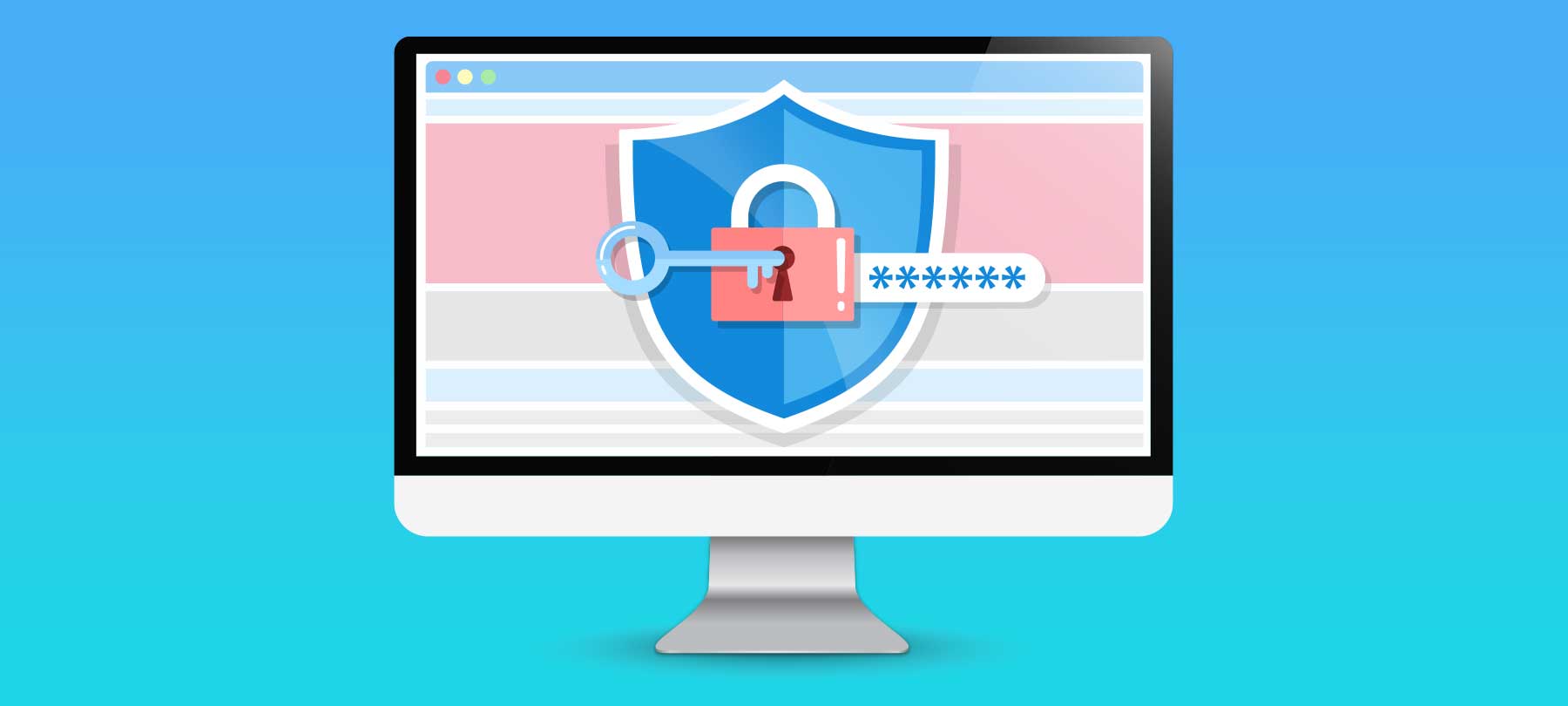
5 Cybersecurity Tips for Study Abroad Students
Spending a semester or a year abroad can be a life-changing experience for college students. But while living in a strange new place is undoubtedly exciting, it can mean new safety challenges as well—and this includes cybersecurity.
If you’re a student about to embark on the adventure of a lifetime, have a look at these 5 cybersecurity tips to stay safe while overseas.
- 1
Harden Your Security
Are you reusing the same passwords for multiple accounts, using a mobile device without a screen lock, or running a laptop without antivirus protection? If so, it’s time to protect yourself—before you’re far from home, on unfamiliar ground, and miles from the nearest Apple store. Get a good password manager and make sure you’re using unique, secure passwords for all of your accounts. Use two-factor authentication whenever possible. Lock down your devices with passcodes and screen locks. And get a reputable, regularly-updated AV product for your laptop. .
- 2
If You’ve Got It, Don’t Flaunt It
When traveling abroad, don’t advertise the fact that you have expensive electronics on your person or in your room. Remember that crime doesn’t discriminate: It doesn’t matter if you’re in a wealthy tourist hotspot or a developing country where an iPhone X is worth a month’s wages. The sorts of places where students study abroad will always attract unscrupulous people looking for an easy mark. Invest in a discreet carrying case for your laptop, and keep your shiny new mobile devices stowed unless you’re in a secure place and have reason to use them. Also, make sure to enable the “Find My” service on Apple devices—if the worst happens, you may be able to recover a stolen device or at least prevent thieves from reselling it for someone else to use. And a final word of caution: If you’re tracking a stolen phone, never try to go after the thieves yourself: Contact the local police and let the professionals handle it.
- 3
You’re Not in Kansas Anymore
If you’re coming from a place like the US or Europe, you might be surprised to find that the freedom of speech you take for granted is emphatically not the law of the land elsewhere. Many countries have harsh punishments for blasphemy, lèse-majesté, or even criticism of the current government—and these laws often apply to content posted, shared, or even “liked” on social media. Problems can even arise from past social media activity, which is why it’s always a good idea to review your timeline history and remove anything that could potentially land you in trouble. So learn about the local laws governing online content in the country you’ll be visiting, and follow them, unless you want to be portrayed by your favorite Hollywood actor in a film about your time in a Thai prison.
- 4
Tunnel to Freedom
In line with the above, many countries restrict or completely ban websites and social media platforms that they deem harmful to the public good. While we’d urge you to be cautious about running afoul of local restrictions, this sort of website blocking is usually aimed at a country’s citizens more than visiting students and expats. If you need to circumvent a government firewall to keep in touch with home, access a blocked website, or log in to a social media account, then VPN software can help. Both Guardian Firewall + VPN for iOS and TunnelBear for desktop systems have good reputations. Web forums or subreddits for expats can also be good places to ask around and learn which VPNs long-term residents use.
- 5
Wretched Hives of Scum and Villainy
No, not spaceports. Cybercafes. The kinds of Internet cafes popular with backpackers and exchange students provide convenient Internet access when you’re away from your overseas home base. But they’re also inherently insecure, since someone you don’t know configured the network and set up the machines, and these may harbor everything from malware to keyloggers. If you absolutely have to use a cybercafe, don’t use their computers to send sensitive data or log in to important accounts. Always use browser privacy features to avoid letting future patrons see your web form and session data. And consider creating a throwaway or “burner” email account with a unique password to send quick messages from cybercafes (remembering to change the password after each use). If you know you’re going to be traveling frequently while abroad, it may be worth checking with your home mobile carrier to see if they have any cost-effective international roaming plans with data—or simply investing in a local mobile plan that has a data package.
Teaching students about cybersecurity is crucial, and more and more schools are beginning to incorporate cybersecurity into the curriculum. If you’re a teacher or school administrator who would like to do this, but you aren’t sure how to begin, feel free to reach out to us at security@securemac.com. We can answer your security questions and direct you to cybersecurity education resources that you can use in the classroom.


